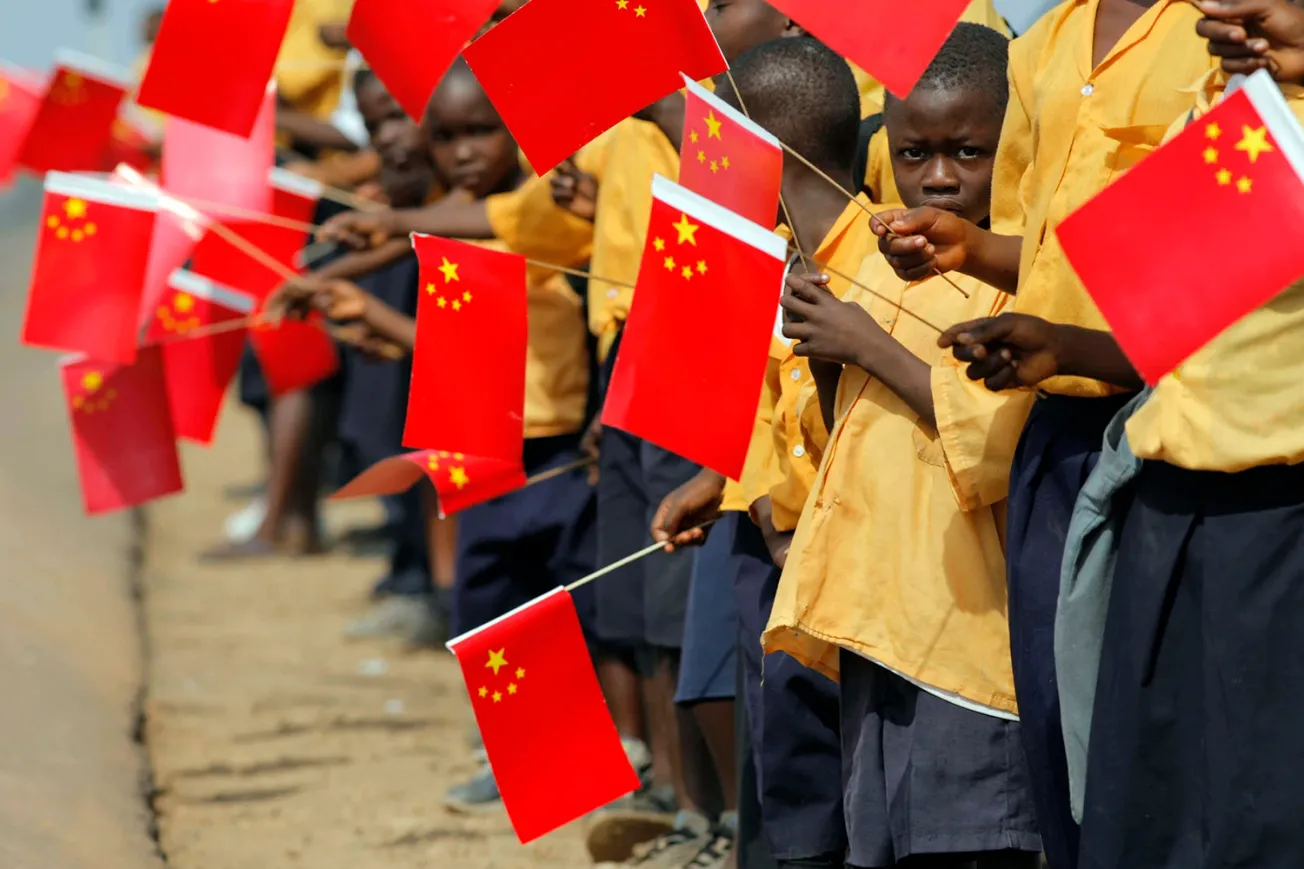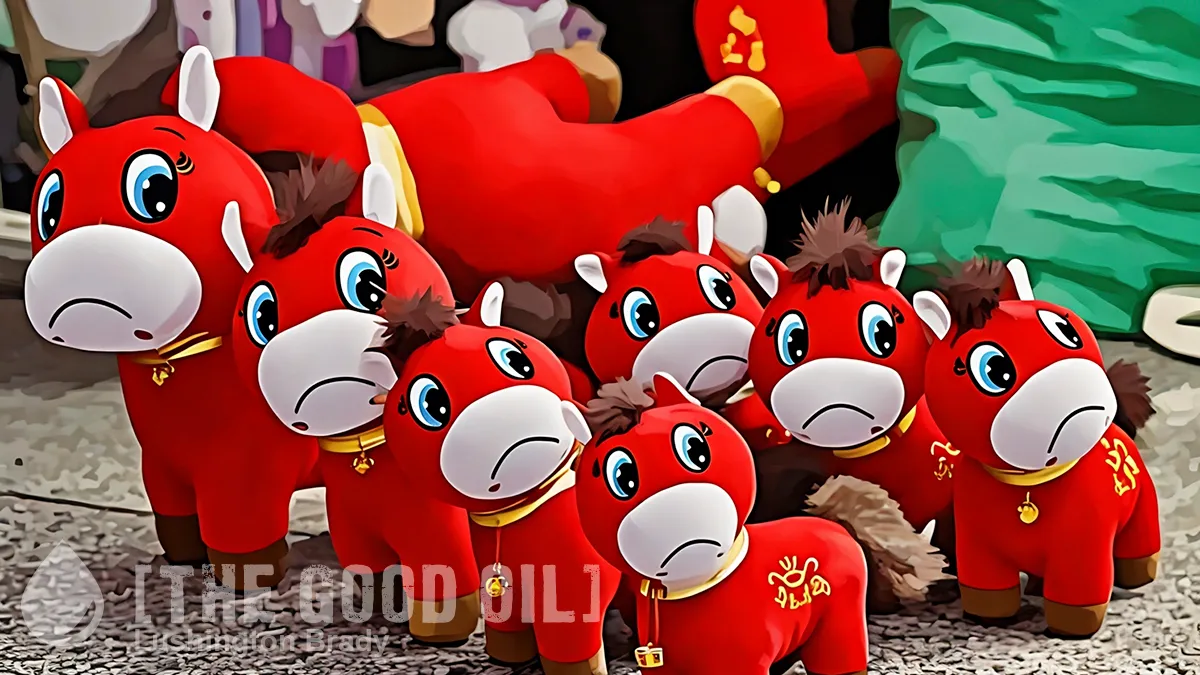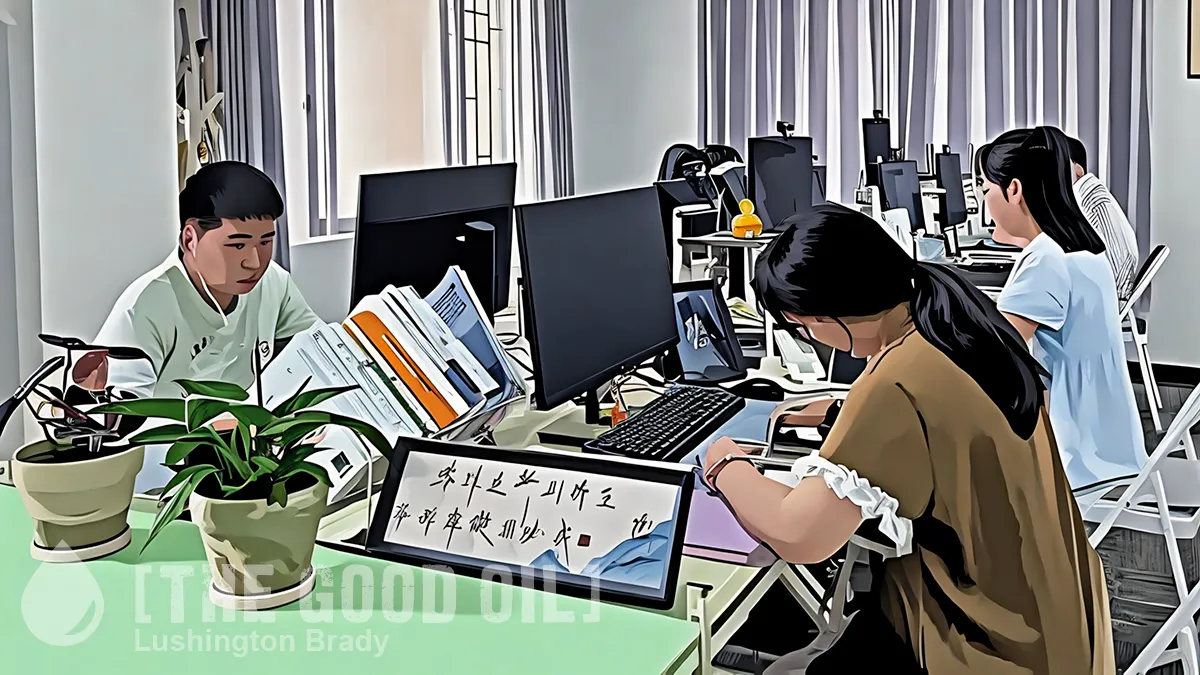Table of Contents
Sometimes I know just how Mugatu felt.
Jacobim Mugatu is the fashion-designer villain of the 2001 comedy, Zoolander. When everyone else swoons over male model Derek Zoolander’s range of “looks”, Mugatu finally screams in disbelief. They’re the same face! Doesn’t anybody notice this? I feel like I’m taking crazy pills!
I’ve often felt the same way, listening to talking heads chattering about China’s “miracle economy”. For the last decade or so, the babble has constantly been about China’s official growth rates. Almost nobody seems to have noticed the obvious thing: China lies. Doesn’t anybody notice this? They’ve been lying since the Maoist regime covered up the catastrophic death toll from the Great Leap Forward, the worst mass killing in human history. They’ve lied constantly, since the 1950s, about pandemic outbreaks. They lie about Tiananmen, Tibet…
So why should we believe a single word they say about their “miracle economy”? Yet, the elite talking heads parrot the CCP’s propaganda almost without question.
I feel like I’m taking crazy pills!
But maybe, just maybe, they’re finally wearing off.
For much of the past 15 years, China has been developing a different kind of bomb, one that now has become increasingly unstable and that threatens to detonate from within.
Until recently, the Middle Kingdom was considered an economic miracle with its transformation from dirt poor subsistence economy to a sophisticated global power the fastest in human history.
But the speed of that change has been accompanied by the largest and most rapid build-up of debt in history that has infected every aspect of its economy and society.
In the past few months, the country has slid into deflation, its trading status has been derailed by a massive drop in both exports and imports, direct foreign investment has plunged and the corporate titans that once strutted the global stage are nursing massive wounds, some of them fatal.
Adding to its woes, more than one in five of its youth are out of work.
Even all of that, never forget, is only what Beijing chooses to tell the outside world.
Like most financial crises, much of the problem stems from debt. But it is not just the amount of debt. It is more to do with the speed at which it has been accumulated and the way it has been spent.
At 282 per cent of its annual output, China is only moderately higher than America’s 257 per cent of GDP if you can believe the official data.
Or you can employ some healthy scepticism and assume that it’s much, much higher.
Youth unemployment figures, which have been on an alarming growth trend, last week hit a record high. Rather than announce a plan to reinvigorate employment growth, China instead opted to suspend publishing the data.
And, just as the GFC resulted largely from state meddling in the economy, China’s looming crisis is a damning indictment of “Socialism with Chinese Characteristics”.
Much of it, however, has been accumulated since the global financial crisis, increasingly spent on ever more desperate “stimulus programs” that kept growth ticking over but failed to deliver adequate returns.
With each massive cash injection, the projects became ever more marginal.
And, once again, Margaret Thatcher is being proved right.
For the past fortnight, global financial markets have waited in vain for yet another program.
Instead, they’ve been stunned by the silence emanating from Beijing. While interest rates were cut again this week — the second time this month — the action fell well short of what most analysts regard as the minimum required to pull the country out of its spiral.
Probably because they’ve run out of other people’s money. They’ve certainly run out of money to splash around trying to buy friends in the mendicant developing world.
Adding to its debt woes, Beijing has found itself caught in a vice over almost $US1 trillion it has loaned to more than 150 developing nations, which China has courted for natural resources and for political influence.
Many nations, such as Pakistan and Sri Lanka, are desperate to have the debts waived.
Good luck with that. There’ll be some grim satisfaction, I guess, when these Third World grifters realise that all that Chinese gibsmedat comes with some very harsh strings attached. Certainly, ordinary Chinese are no happier about their government lavishing money on panhandling failing states than ordinary Americans are about theirs being shovelled into the maw of Eastern European oligarchs.
“Despite heavy censorship, periodic complaints emerge on Chinese social media that banks should have lent the money to poor households and regions at home, not abroad,” the [New York Times] said.
“Accepting heavy losses on these loans would be very unpopular within China.”
ABC Australia
Who wants to bet on China taking direct ownership of a whole lot of dams, mines and power grids in Africa and the Middle East, in the next decade?
A few of them may find themselves pining for the good old days of European colonialism, rather than Chinese colonialism.









